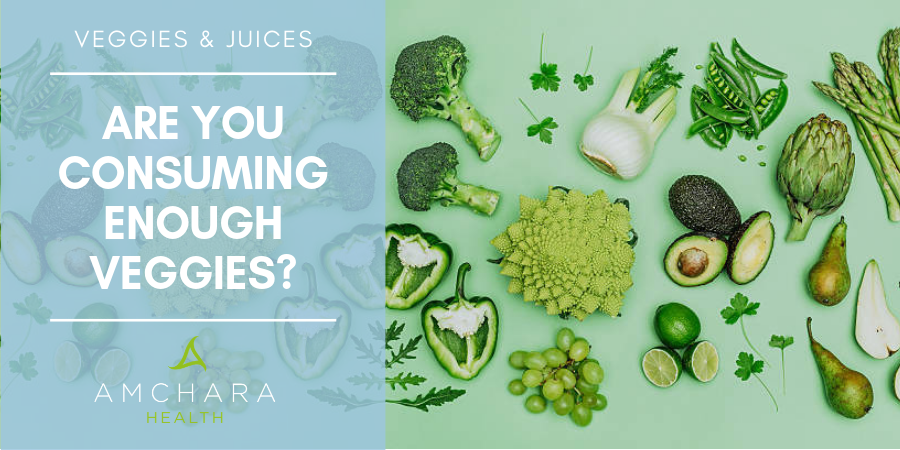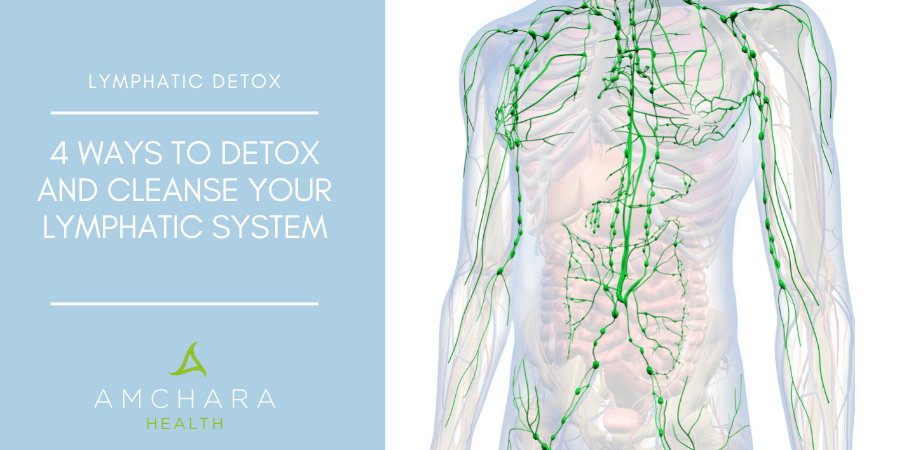Topics Covered in this article:
Everyone knows the benefit of eating a variety of vegetables but when it comes to juicing you want to choose the vegetables that don’t just taste great but are also full to the brim of nutrients that keep you healthy.
Although you lose out on some of the fibre content when you’re juicing (but remember juicing in itself has numerous health benefits), you will be drinking a really concentrated shot of vitamins, minerals, flavonoids and antioxidants.
Perfect for those days when your vegetable intake might be lacking.
Whether you’re new to juicing or an established convert, it’s good to know which vegetables are going to set you up for the day and protect your long term health.
Our mission is to provide you with both insightful information and evidence-based content to provide you with actionable knowledge and tips you can trust, to help you on your journey to optimal health.
There are a lot of veggies out there, so to save you some time we’ve done the research for you and come up with the perfect mix, so get your juicer ready for our fabulous four…
1. Beetroot
If your heart health is a concern then you’ll want to include beetroot in your juices.
Apart from its wild and intense colour – guaranteed to make your juice more appealing – beetroot contains compounds that have been proven to lower blood pressure, a known risk factor for heart disease. (3)
Beetroot (or beets) contains a substance called nitrate which is converted easily in the body to nitric oxide. This important chemical dilates the blood vessels, easing blood flow and reducing damage to the arteries.
Beetroot juice also has exceptionally high levels of antioxidants which your body needs to counter the effects of free radical damage. Free radical damage results in oxidative stress, which is known to contribute to a variety of chronic health conditions such as heart disease, diabetes and dementia.
It is an old favourite as a traditional remedy. The Romans used it to treat various medical conditions including digestive complaints, fever and constipation. Today it is still a popular tonic in Africa where it is used to treat AIDS. (2)
Current research evidence suggests that beetroot juice is particularly good for your liver health. It can protect this vital organ because of its high betaine concentrations, which play a key role in metabolic processes in the liver.
Several studies have also determined that beetroot can improve athletic performance by increasing stamina. In one trial, elite athletes who drank beetroot juice for 15 days before being tested on their endurance levels experienced a substantial improvement in performance time before reaching total exhaustion.
2. Broccoli
Broccoli is a member of the brassica family of cruciferous vegetables, along with veggies such as kale, cabbage, cauliflower and Brussel sprouts. A nutritional powerhouse, broccoli is one of the top ranking veggies and deserves a special place on your shopping list. It is one of the most nutrient rich vegetables you can eat and has powerful health benefits that are widely documented.
Broccoli has been attributed with remarkable anti-cancer effects, most notably for breast cancer. Brassica vegetables contain natural compounds called glucosinolates; two of these in particular (sulforaphane and Indole-3-carbinol) are instrumental in speeding up the elimination of a type of oestrogen linked to breast cancer. (4) One study identified that women who ate more cruciferous vegetables had a lower risk of breast cancer.
What’s more, researchers who were investigating the anti-cancer substances present in broccoli discovered that broccoli sprouts contain between 30 and 50 times the concentration of protective chemicals that are found in fully grown broccoli plants. (5)
The health benefits of broccoli are not just related to breast cancer; high intakes are also associated with a lower risk of bladder, ovarian, colorectal, endometrial, gastric, pancreatic, prostate, lung and renal cancer.
Juicing up broccoli is a great way to boost your intake and harness all its amazing health giving properties.
3. Carrots
If you pop a few carrots into your juicer you’ll be able to add improved eyesight to the long list of other health benefits you’ll be gaining from this superior root veggie.
The humble carrot contains an enormous range of nutrients including vitamin A, vitamin C, vitamin K, biotin thiamine, magnesium, manganese, potassium and vitamin B6.
To add to this numerous other compounds are present including bioflavonoids, carotenoids and polyphenols.
It is this unique combination that gives the carrot its reported antioxidant, anti-carcinogenic, cholesterol lowering, anti-diabetic, liver protective, blood pressure lowering and immune enhancing effects. (6)
What’s more, it’s also a good source of the trace mineral molybdenum, which is rarely found in other vegetables.
Molybdenum plays an important role in fat and carbohydrate metabolism plus it aids the absorption of iron, which means adding carrots to your juice will really help to raise your energy levels.
4. Ginger
Ginger (Zingiber officinale) is a rhizome, and one of the most widely used species of the ginger family (Zingiberaceae).
It is full of fresh zingy flavours, which can perk up an early morning juice and put a spring in your step.
In its fresh form it can be used as a vegetable, but it is probably more commonly thought of as a spice, especially when used in its dried form.
Apart from its amazing taste, ginger is renowned for its medicinal properties and has a long history of therapeutic use.
As far back as 2,500 years ago it was used in China and India to cure headaches, nausea, colds and rheumatism. The Chinese still use it to warm the body, liven up a pale complexion, improve blood pressure and treat cold extremities. (1)
The roots of the ginger are where all the bioactive components can be found and there are quite a few – around 115 have been identified. But it is gingerol that is the most abundant and considered responsible for exerting a variety of remarkable physiological activities.
Ginger contains a very high level of antioxidants and these have been reported to protect against DNA damage, which contributes to disease progression.
According to research, ginger has powerful analgesic and anti-inflammatory effects that have been effective against osteoarthritis and rheumatism.
The anti-inflammatory properties of ginger appear to be particularly effective for pain relief in osteoarthritis of the knee.
Ginger has also been shown to be as effective as non-steroidal anti-inflammatory drugs (NSAIDs) in relieving menstrual pain. (7)
Who’d have thought that just four simple vegetables could have such powerful health benefits?
If you go one step further and choose organic veggies for your juice, you’re onto a winning formula that’s free from toxic chemicals.
Why don’t you share your favourite juice ingredients with us and tell us why?
We’d love to hear from you.
READ THIS NEXT:








